#shouldibuyapropercamera
Explore tagged Tumblr posts
Text
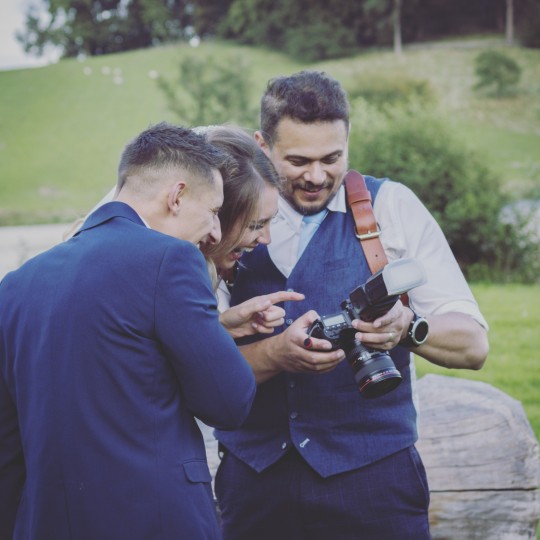
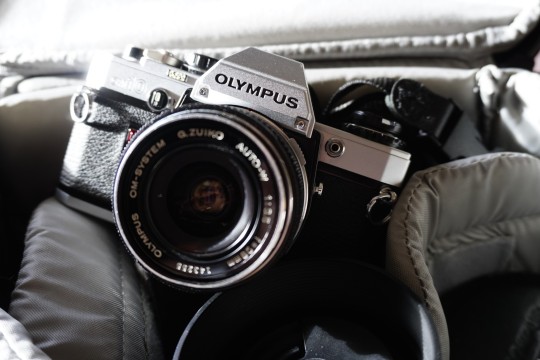

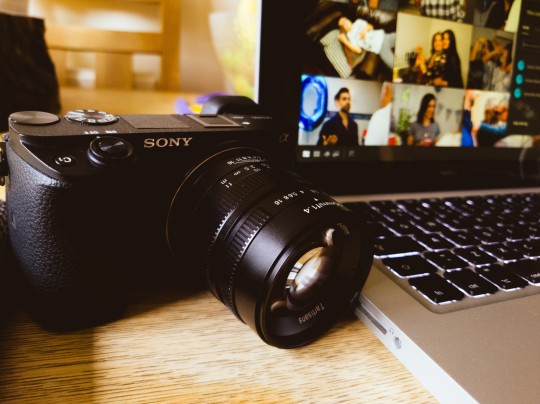

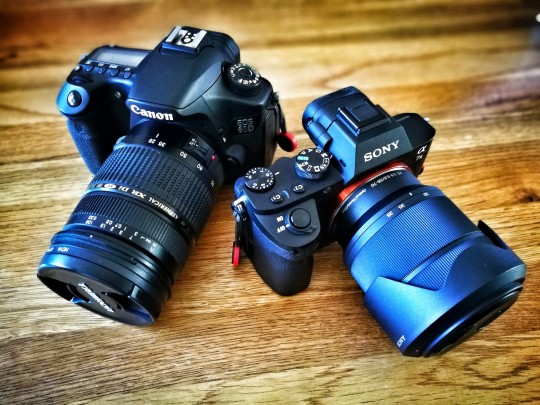
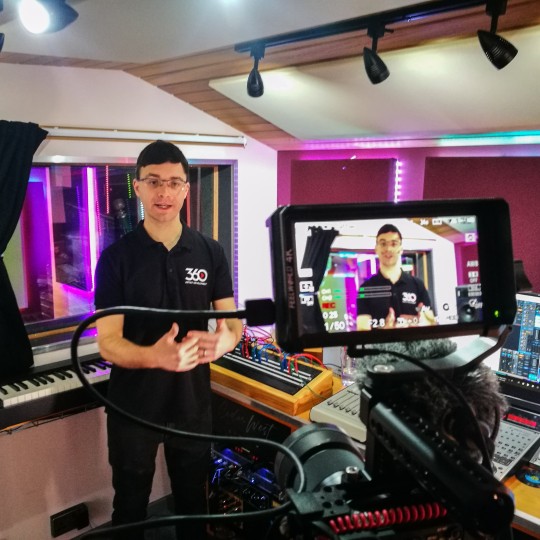
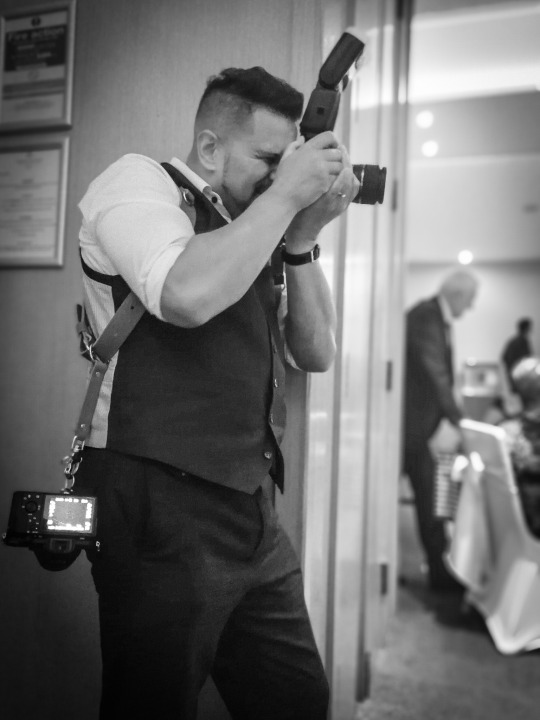

What kit should you buy?
Ok, so you're probably expecting me to recommend cameras, tripods, lenses etc. I'm not gonna do that.
There is tonnes of content on YouTube etc to tell you all about that stuff.
So I'm going to keep it simple.
First, just scroll back up and spend a minute going through the images above. What do you notice?
I'm hoping what you'll notice are a few things.
I'm shooting different things within the images for different reasons or clients.
I have a fair few cameras (about 15 I think at my last count).
The cameras are all different. Why is that?
I'm carrying some kit on my person.
So, here is the thing.
You get to ask yourself the following questions.
What do I want to shoot?
How much kit do I want to carry?
Do I really need to carry all that kit?
So how much kit do I REALLY want to carry?
Do I want to generate an income from shooting?
Do I actually generate an income from shooting?
I have been a photographer for around 30 years now. Starting out as everyone does as a novice, then amateur, then enthusiast and progressed to a semi-pro (semi because I have another job I do I don't shoot full time but I do run my own photography and video business as well).
So my needs right now reflect the kit I buy. I've read loads of magazines with lovely flashy looking kit that I worked hard for to buy from my own day job wages. I spent a fortune. Then a year later, a new camera came out and my head was turned. Then I was lusting after that kit!
It's a never ending cycle where you can be bombarded with videos, reviews of kit and as you've probably learned,targeted adverts on Social Media.
Now my film cameras are purely a purist thing and I learned on film cameras from being a very young kid. So I am attracted to the nostalgia of it. Yes there is something about film that is so super difficult to replicate on digital, but do clients demand shoots on film? Nope!
Only one client ever asked for a shoot on medium format film on my Mamiya 645 pro camera. They had a specific look they were going for. It's expensive and it takes longer to turn the images around.
Clients want high quality media that can be manipulated by graphic designers for ad campaigns etc. And they want it quickly. So digital has to be the most efficient way to go.
I've bought kit that I've used once then stored it away for years! I've learned since then.
For several years now I only buy what I need to get the job done to the high standards that I set myself and that clients demand. If I need kit I may only use once, I'll borrow from a fellow pro shooter or I'll hire it.
So if you're not making money from your photography and unless you have more money than sense, don't waste your money on buying the best money can buy.
On saying that if you buy cheap 'tat' you'll be disappointed and buy twice.
Buy the kit you know you'll use often if you're a hobbyist, or if you want to take photos better than a smart phone can.
Remember also. You have to carry it.
I only buy stuff for my business now that I know I'm happy carrying and gets the job done. I'm fit and healthy but I'm also in my late 40s now and I've put my body through a lot of stuff over the years such as a motorbike accident, bashed about in full contact martial arts and other daft stuff, so wear and tear starts to kick in. Don't buy shit loads of kit that you'll have to carry and either injure yourself or just leave at home because it becomes a chore to carry it.
The best camera in the world is the one that is with you at the time. A £10k Leica with a Summicron lens sat at home in the drawer is useless at that point because it's not with you when you find that photographic opportunity.
So I have been switching out from DSLR to Mirrorless cameras for the last 2 years now. I'm not gonna harp on about what brands. It doesn't matter. Find what works for you.
Finally I'd like to share with you the two most important things that I've invested into my photography that supercede any fancy kit:-
Time and mentorship/lifelong learning.
Time and Mentorship.
By time I mean putting time into practising. No amount of YouTube tutorials or books will improve your photography if you're not putting the practice in. Shoot as often as you can. Practice with light, play with it.
Learn the limits of your kit and learn your own limitations and then fill the gaps by committing to learning for the long haul.
Not one successful photographer worth their salt believes they know it all. The world's best photographers have committed to life long learning.
Leads me onto the last thing.
I currently learn from many sources. Yes I'll admit, the odd YouTube video on editing techniques as software continues to develop. I'm a Pro member of the Photographer's Guild so I have access to all sorts of workshops and learning there.
I am a member of Karl Taylor Education and I've studied with Karl's many products for about 7 years now and I pay a subscription to access his classes.
I have paid to work with some leading industry photographers such as Gary Wallis from the London Photography Institute, Steve Howdle (Elinchrom Ambassador) and the Late Andrew Appleton (Former Photographers guild panel judge and very well respected photography coach and teacher).
I have developed connections with other professionals in my area and I will work with them on projects in and out of the studio.
We'll share tips and go out to other cities to shoot together or shoot together in the studio.
I'll take myself off to London for the day to shoot and I'll get into the less touristy areas of London to do this. It's a 200+ mile trip each way for me but I'll go to the effort of hopping down for the day several times a year.
The point I am trying to make here is there are always opportunities to learn. I have had to invest time and money into them all.
However, I've learned so much that when I look back it amazes me just how far I've come and what I have learned.
Just as with anything. Improving your skills requires time and commitment.
So to summarise:
Decide what you want to shoot and where and buy the camera and kit that suits that.
Travel as light as possible. Develop your knowledge before spending lots of money on more kit.
Find a mentor and ask them to help you. It might cost you money, it might not, but it's a worthwhile investment. It's massively accelerates your learning curve, cutting down your learning duration by years. If someone told you to learn your current job from YouTube videos and books how long would it take you to become proficient at it? Compared to on the job learning/training, learning from people around who are already experts at that job? It's the same principal when you work with a good mentor. Once you have the knowledge in it weighs nothing and the more you use what you've learned the stronger you become in you're art.
As usual, if this post has been of use to you, please hit the like button, subscribe for more content and fire any questions you have in the comments below.
Speak soon.
Regards.
Neil.
#whatkit#improving#Photographymentorship#whatcamerashouldibuy#whatphotographykit#learnphotography#learn photo editing#shouldibuyapropercamera
0 notes